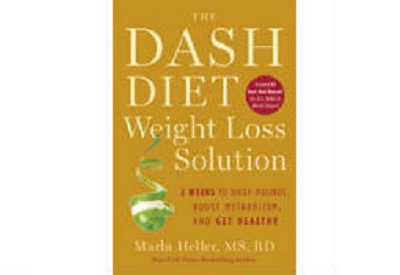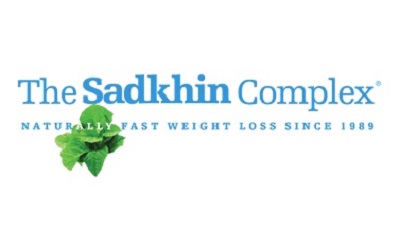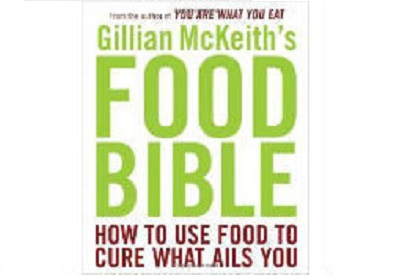The MIND Diet is a combination of two proven and popular diets: Mediterranean Diet and DASH. It was designed to focus specifically on the foods from those eating strategies that are known to support brain health. Initial research into this form of dieting suggests that it could have the potential to support brain wellness and reduce the risk of mental decline.
As there have yet to be any methods of fully preventing or reversing dementia or Alzheimer’s, the hope is to be able to use MIND Diet strategies to make as big of a difference based on lifestyle as possible.
Does the MIND Diet Work?
The idea behind the MIND Diet is to eat foods such as nuts, berries, and leafy greens to reduce a person’s risk of developing a progressive brain disorder. The letters in the name of this eating strategy stand for Mediterranean-DASH Intervention for Neurodegenerative Delay. It was first developed by Rush University Medical Center nutritional epidemiologist Martha Clare Morris.
The development of the MIND Diet was funded by the National Institute on Aging. The first published version of this eating strategy was in February 2015. The research determined that eating in this way decreased the risk of Alzheimer’s development by about 35 percent among people who followed it moderately well. That said, among those who followed it quite rigorously, there as a 53 percent drop in Alzheimer’s risk.
More research is needed to know precisely what long-term impact following the MIND Diet can have. Still, the same research team has done more study into this eating plan and has found that its impact on preventing cognitive decline is better than both the DASH and Mediterranean Diets on their own.
Not a Dieting Plan Specifically for Weight Loss
Though the MIND Diet is considered to be very healthy, it is not necessarily a plan for weight reduction. That said, many people who have followed this eating program have found that their weight has been easier to manage. Its focus on whole grains, vegetables – particularly dark green ones – nuts, beans, lean proteins, healthy fats such as olive oil, and other nutrient dense foods helps to avoid empty calories and foods that are less satisfying. In fact, it recommends avoiding highly sugary and processed fatty foods.
Before switching to the MIND Diet, it’s a good idea to speak with your doctor. This can help you to know that it will be appropriate for you and will assist you in finding the right guidance to follow to do it properly, particularly at the start as you familiarize yourself with it.





